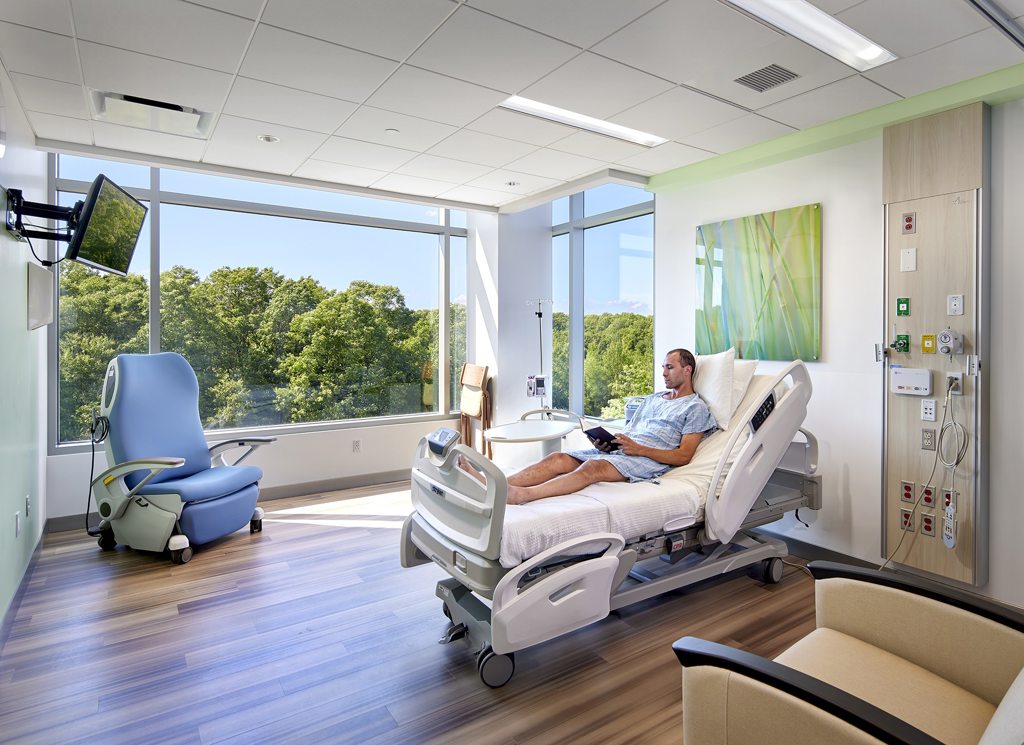What is a Hospitalist?
You may have heard the term hospitalist, but are you familiar with who they are and what type of care they provide? During an inpatient admission at Penn Highlands State College, your primary care physician may entrust your care to our Hospitalist Team. A hospitalist is a physician who specializes in the care of patients admitted to the hospital, and assumes the role of your primary care physician (PCP) while you are in our care.
Hospitalist teams are comprised of physicians and advanced practice providers that include physician assistants and certified registered nurse practitioners. Hospitalist physicians are generally board-certified in Internal Medicine or Family Medicine.
The hospitalist team works in partnership with your PCP to coordinate your care, monitor your progress and assist with your discharge planning. Their functions include:

- Managing your hospital stay to achieve the best outcomes possible
- Providing prompt and complete attention to inpatient needs
- Prescribing consultations with other specialists as medically necessary
- Employing high-quality techniques and practices to make the hospital a safe place which ultimately improves patient outcomes
- Collaborating and coordinating with all physicians, nursing staff and healthcare personnel
- Supporting the safe transition of patient care within the hospital and to the community by working with case managers and social workers
“Although we provide a patient’s care while they are an inpatient, upon admission their PCP is alerted of the hospitalization and we are in direct communication with their regular provider when the situation necessitates,” said Funmmy Esther Awoyomi, MD, a hospitalist at Penn Highlands State College. “In addition, when the patient is discharged, a full report, which includes discharge medications and follow-up plans, is sent to their provider.”
There are many benefits of having hospitalists provide care including:
- Availability in the hospital 24/7
- Timely, prompt and frequent assessment of patients
- Efficiency in ordering tests/procedure/consultations
- Accessibility for consultations
- Timely follow up with test results
- Coordination with multidisciplinary teams that include nursing, rehabilitation, social work and care management
- Collaboration with patients and families on care plans
- Timely discharges
“While hospitalists benefit inpatients, they also benefit the community,” said Kirti Sharma, MD, a hospitalist at Penn Highlands State College. “Hospitalists free family medicine and internal medicine physicians from rounding at the hospital so these primary care providers can be more accessible to patients in the office where they can provide uninterrupted care.”
